5 Things to Consider Before Buying Livestock
If you are an aspiring new farmer, chances are you have a vision of what your rural life will one day look like. And I bet that vision includes some livestock - perhaps a few chickens pecking around the yard, or maybe a dairy cow lazily chewing her cud in a lush green pasture.
When you finally find that perfect piece of land and get to work making that dream a reality, you may be tempted as I was to jump right into buying all kinds of baby animals to populate your new homestead. Once you take an animal into your care it becomes a daily responsibility. It really pays to plan ahead for all their basic needs before you go shopping.
1) Food
No matter which species you are interested in, you are going to have to provide a source of food. This can get expensive if you are buying processed feed, as you inevitably will be if raising poultry. Chickens, turkeys, ducks and geese with access to abundant greenery can meet 25-50% of their nutritional requirements through grazing and eating insects, but you will still need to provide the other half. If you are growing them for any sort of goal (i.e. meat or egg production) your best option is to buy a specially formulated pellet feed with all their dietary requirements in the proper ratios in order to meet that goal for that type of bird.
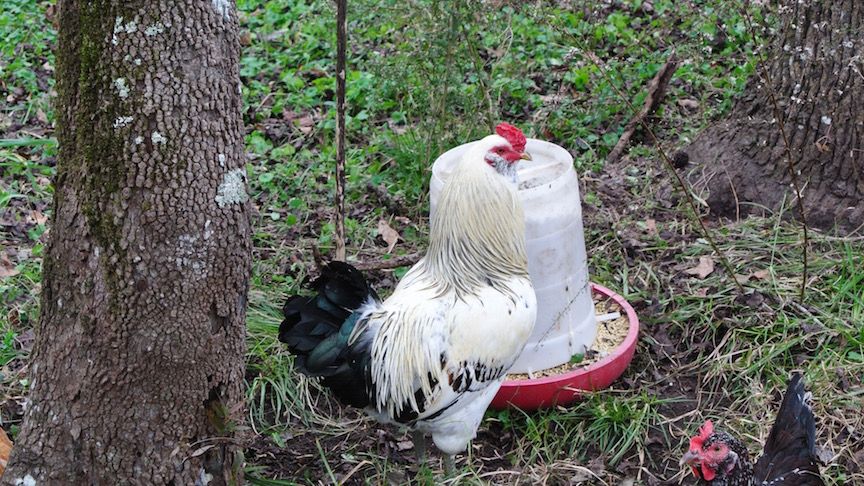
There are plenty of species that are able to forage for their own food just fine granted they have enough available plant life. While it may sound like animals such as sheep, goats or cattle can be "fed for free" on pasture, these too come with their own feed related costs. Land for instances is rarely cheap to buy, and good quality pasture can be sold for a premium in some areas. Most grazers are eating machines, and can power through even the lushest of fields in no time. You will need good fences to keep them contained and safe, and those fences will need constant maintenance. Most pastures don't just grow a healthy variety of grasses and weeds on their own, so you also will need to periodically plant a seed mix. All this takes time and money.
2) Water
Seems obvious, right? You hook up a hose, turn on the tap and fill a bucket - simple. WRONG. A pig will destroy a bucket (and possibly ingested shards of plastic) so they need something heavy duty that they can't chew, tip over or crawl in to wallow. A chicken will roost on the side of a bucket and poop in the water so they are better off with gravity fed waterers like the one pictured below.
A lactating dairy cow can consume up to 50 gallons of water in one day. How are you going to get that much to her? Inspect your well and any water points on your property before you decide where to keep your animals. Running a string of hoses across acres of land is just not practical. Instead try to keep waterers within one or two hose lengths from a water source. If you are using automatic waterers check the float valves often and only place them on flat surfaces. Ensure you have a strong reliable pump and either a generator or hand pump in case the power goes out. And have a plan for any and all types of weather. Freezing temperatures for example present a challenge for any type of water system, and may require you carry a hammer with you or haul buckets of hot water from the house during winter chores.
3) Security
Another primary concern for livestock is keeping them safe and contained. Nothing ruins a relationship with a neighbor like a hog destroying their garden because it got through your fence. Just like with waterers, each species has unique requirements when it comes to choosing their ideal fencing. Cattle will typically respect a few lines of electrified polywire, but a goat will eventually run through it. A horse's leg or a steer's horn can be caught in welded wire, resulting in catastrophic injuries when that animal struggles to free itself. And while a picket wood fence may be very aesthetically pleasing, many smaller species can walk right between the posts.
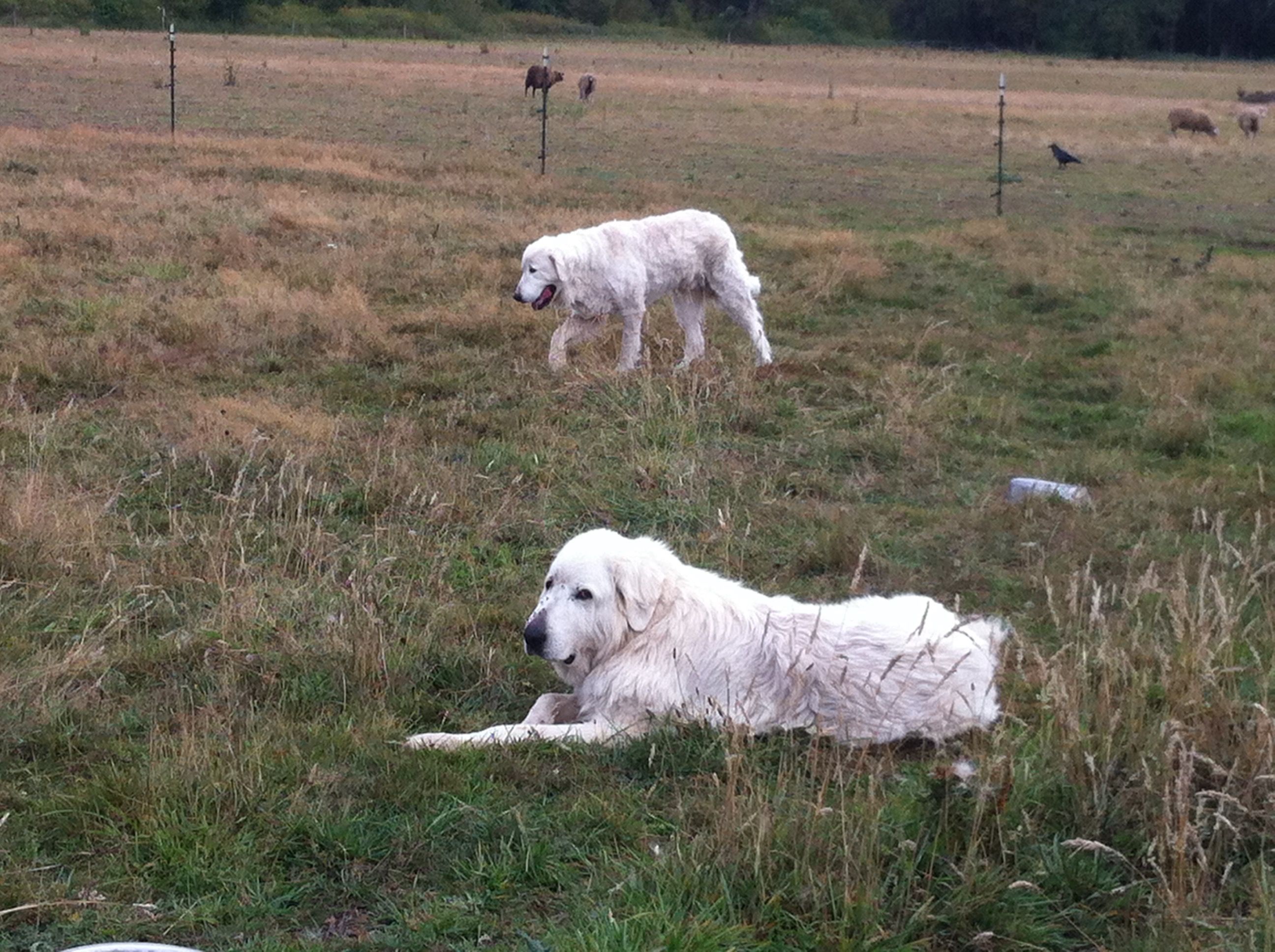
Remember a fence is not only intended to keep your animals in, it is also important to keep unwanted visitors out. Predation is a serious threat to small farmers, and predators such as fox or raccoon can be particularly crafty when it comes to sneaking over or through a barrier. Even the most secure fences will be breached at some point. Tricks such as motion detector lights or alarms can help deter intruders for a while, but most predators will figure these out over time. A great secondary line of defense is to have a livestock guardian. The most common version of this are dog breeds such as Great Pyrenees or Anatolian Shepards, but donkeys and llamas can make great watchdogs too. These animals live among whatever other species they are assigned to protect, and are highly effective at warding off anything that comes near. I talked to one sheep rancher with over 3000 head who said he used to have to count all 3000 sheep every time he brought them in from pasture, but since incorporating three Great Pyrenees into his flock, he now only has to count three dogs. On the rare occasion that any of his sheep are attacked or die, one dog will stay with it. If all three return with the flock he can be confident all of his sheep are safe. As you can see, guardians can easily pay for themselves by preventing losses and saving you time and effort.
4) Health
Before you hook up the trailer and go shopping for your first livestock, learn how to identify the signs of a healthy animal. The eyes should be bright and clear, the ears should be in a natural position and free of debris, there should be no nasal discharge, cough or wheezing. The animal should be a healthy weight relative to its peers. Have some knowledge about correct conformation and faults to watch out for. Also inquire about its genetics, and inspect the parents if possible. Avoid buying anything housed in an area that looks or smells dirty. If there are too many animals in too small of a space, or there is a build up of feces, especially by the feed, its probably best to shop elsewhere.
Once you do bring home your new ward, educate yourself about how to properly take care of it. Even seemingly minor issues like internal parasites (worms) can become a potentially fatal problem if unaddressed, and the signs early on can be subtle. Most animals are adept at hiding pain or disease anyway, so it takes a trained watchful eye to stay on top of their health before a problem arises. Establishing a regular monthly or annual schedule of deworming, vacccinating, hoof trimming or simply performing physical exams can be a great preventative measure.
5) Legal & Environmental Concerns
Unfortunately even homesteading can be subject to government regulation, and depending on where you live there are bound to be constraints on what type and how many livestock your land can hold. Look up your local ordinances as well as state laws. In secluded rural areas you are more likely to be able to raise whatever you like if you are doing so responsibly anyway. Keep your stocking density low and your property line secure and likely no one will take notice of your little operation. If you live in the city or just have close neighbors, noisy roosters or smelly hogs might bring unwanted attention from the authorities.
The land is your farm's greatest asset, and it is your job to protect it. A sustainable operation enriches the environment by working with nature, not against it. Utilizing practices such as rotational grazing and multiple species systems create symbiotic relationships with the natural world. For instances, a mixed flock of goats and sheep being moved frequently will eat a wide variety of grasses, weeds and leaves, clearing an area more evenly than one species alone would do. By rotating a flock of chickens onto pasture after ruminants (cattle, sheep, etc.) have grazed it, the manure left behind will be better integrated into the soil and insect larvae will be eaten. Although the labor can be higher than using chemicals or heavy machinery to manage the land, you will reap many benefits for your efforts, such as increased soil nutrients and lower rates of disease.
Owning and raising livestock can be one of the most rewarding parts of any farming endeavor. When deciding your homestead's unique livestock needs, consider these points ahead of time and you will have a much more pleasant experience. Do your research and remember to always be a good steward to the land as well as your animal friends.
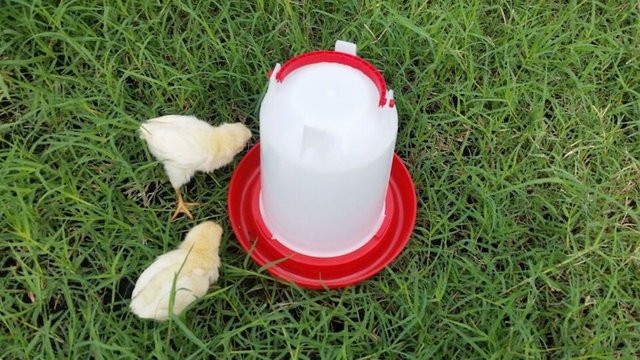
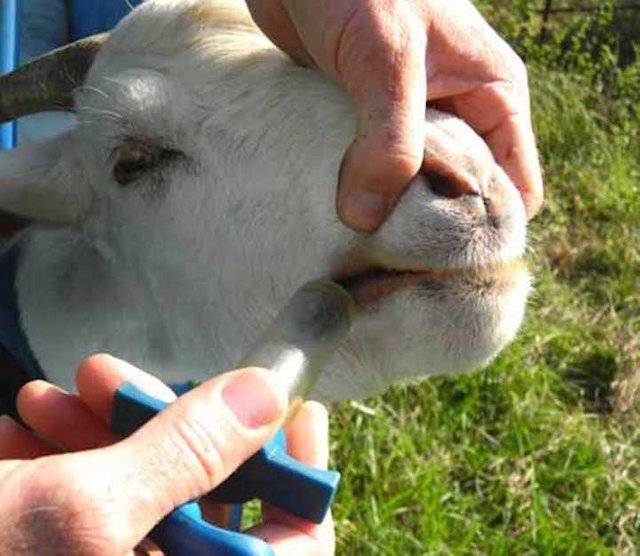
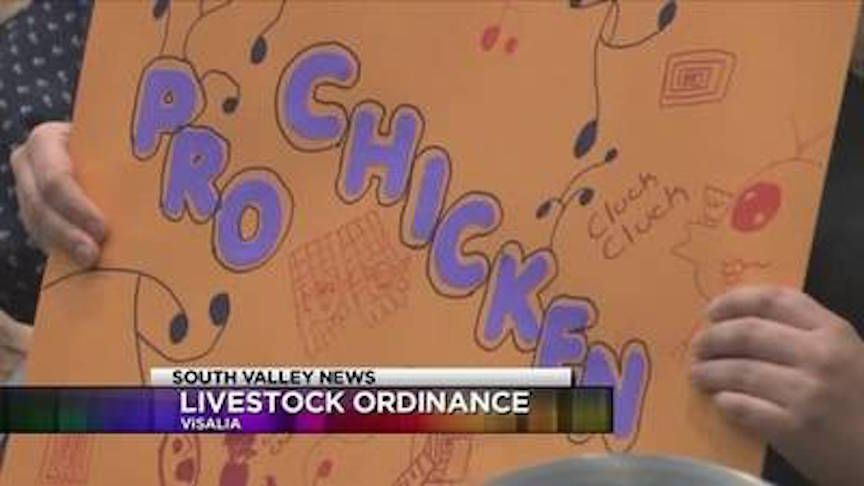

Congratulations @red-tailedfarm! You have completed some achievement on Steemit and have been rewarded with new badge(s) :
Click on any badge to view your own Board of Honor on SteemitBoard.
For more information about SteemitBoard, click here
If you no longer want to receive notifications, reply to this comment with the word
STOPI think the biggest thing to consider is the knowledge that one has on whatever livestock they're interested in. Too many are getting animals without learning about them first. I realize we all have to start somewhere but, getting chickens without knowing they need, for example, chicken feed, is just silly. And yes, this is something that does happen... omg. Or, without knowing they don't produce milk??? Hahaha I have seen this on FB... It's just... omg. Hahah.
Great points made!! Also consider how much work you want to do. Right now, we're sticking with birds. Very easy to take care of them all! They all eat the same food and require nearly the same things!
I absolutely agree! I also work as a vet tech and I have fielded some totally ridiculous questions from people with animals that wound up sick or hospitalized simply because the owner had no idea how to care for them properly before bringing them home. It's sad really.
Very good post. We have goats, chickens and ducks on our farm so allot of this is relatable.
Thanks! I'm glad you enjoyed it.